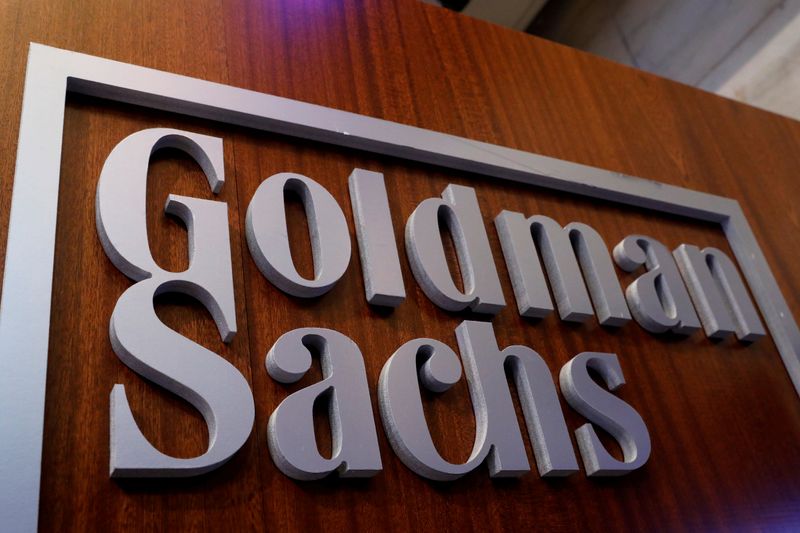NEW YORK (Reuters) – Goldman Sachs Group Inc <GS.N> is gradually returning staff to work at offices in Hong Kong, Sweden and Israel, but will take longer to start the phased-in approach in cities still battling large coronavirus outbreaks like London and New York, the chief executive told staff on Tuesday in a memo seen by Reuters.
In the memo, which was verified by a bank spokeswoman, Chief Executive Officer David Solomon said Goldman is also considering “the feasibility of testing (staff and visitors for the coronavirus), subject to availability and more information on the accuracy of results.”
Large banks worldwide have been developing plans to gradually return staff to offices after nearly two months of working remotely and from home during the outbreak of the novel coronavirus.
Goldman’s CEO said many details still need to be decided, but “the fact that we are thinking through this next phase … is promising. It’s a step in our path forward.”
Nearly 98% of Goldman’s worldwide staff has been working remotely since mid-March.
The return-to-work plan involves bringing staff back in phases, starting with 20% and gradually ramping up to 50%.
In Hong Kong, about 25% of employees were back at work as of last week, and the bank aims to have 35% by May 11 and 50% by May 25. https://reut.rs/2xjMEcB
The bank has temperature scanners at its Hong Kong office to check employees for fever, and is considering installing them at more offices, including at its New York headquarters.
Most offices will remain at about 50% capacity to allow for more space between employee desks, in accordance with social distancing guidelines, the bank has said.
Goldman has not yet decided whether to re-open office gyms or childcare centers, and it is exploring ways to provide alternatives to public transportation for employees at certain offices, according to the memo.
There is no “one size fits all solution” for the bank’s offices worldwide, Solomon said. However, he wrote, “everyone will need to adhere to certain rules … including strictly abiding by the firm’s sick policy.”
(Reporting By Elizabeth Dilts Marshall, Editing by Franklin Paul and Bill Berkrot)






















